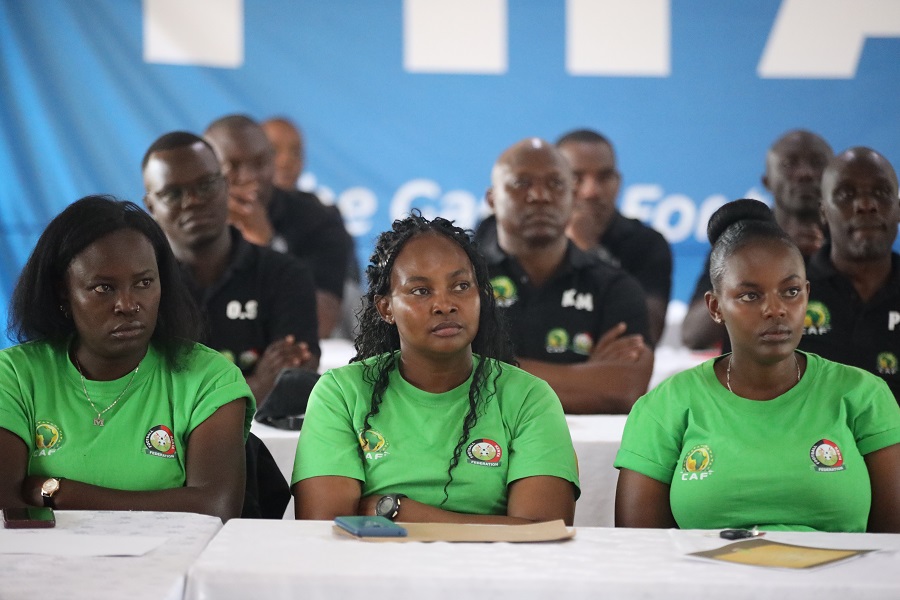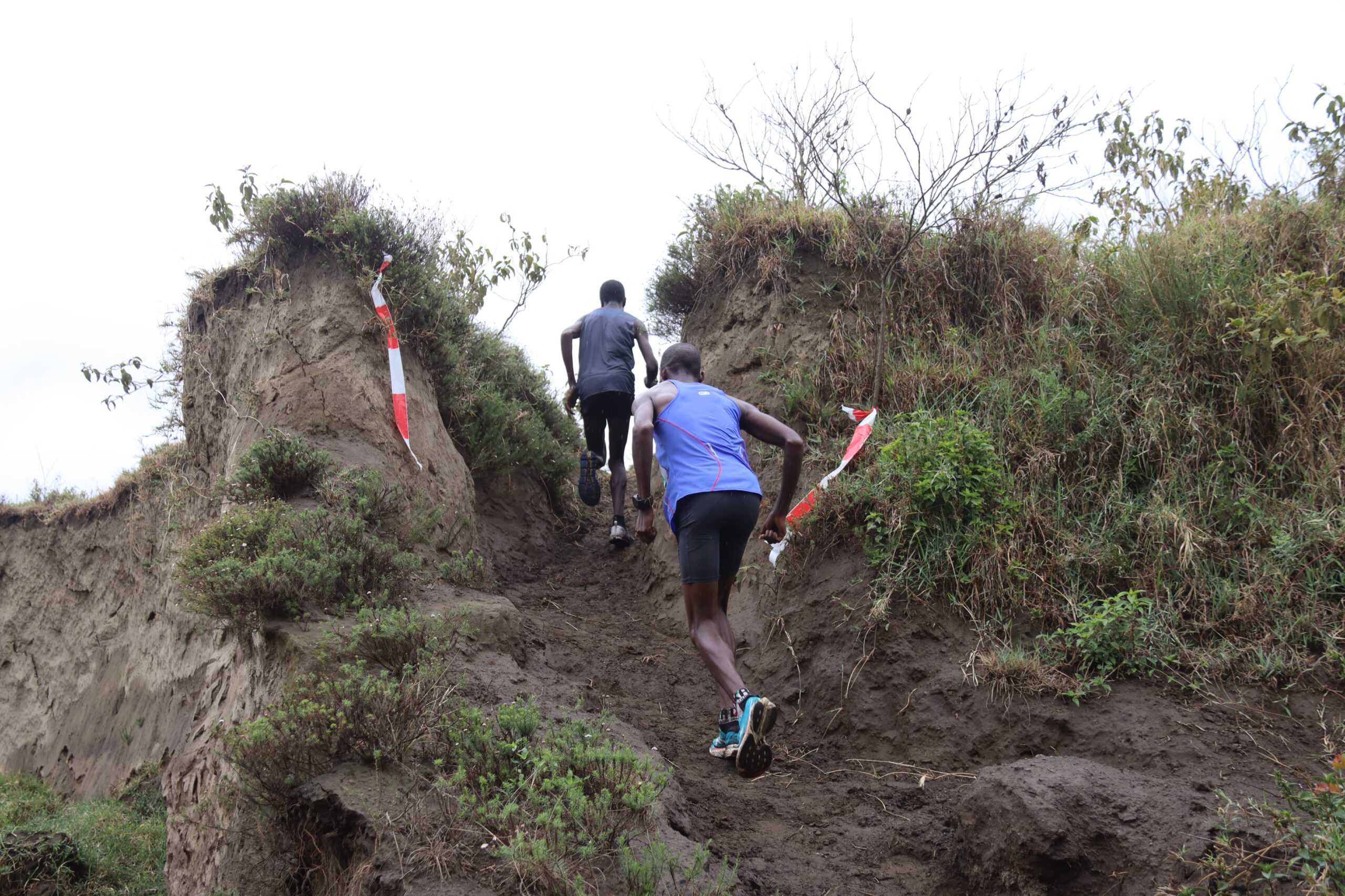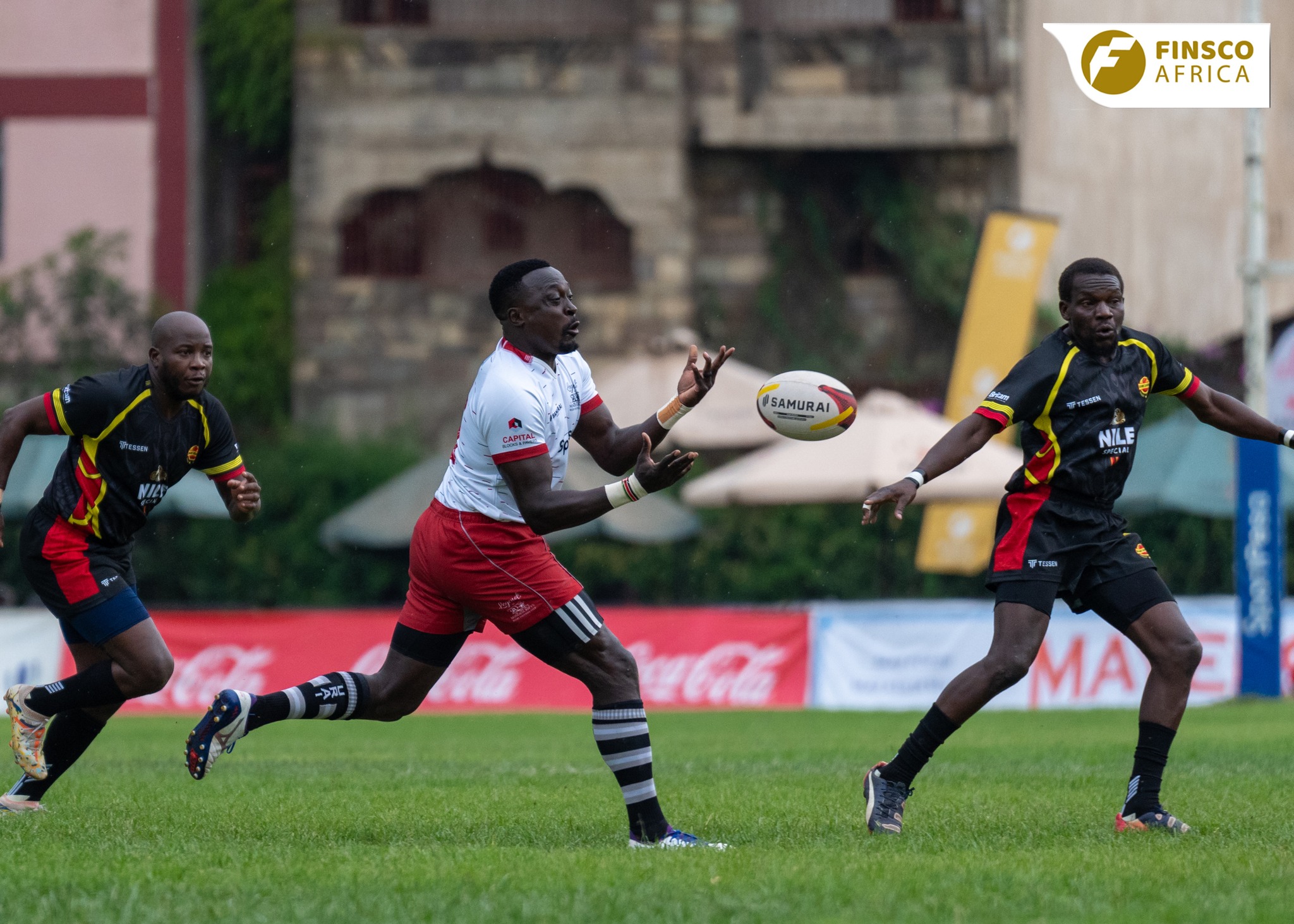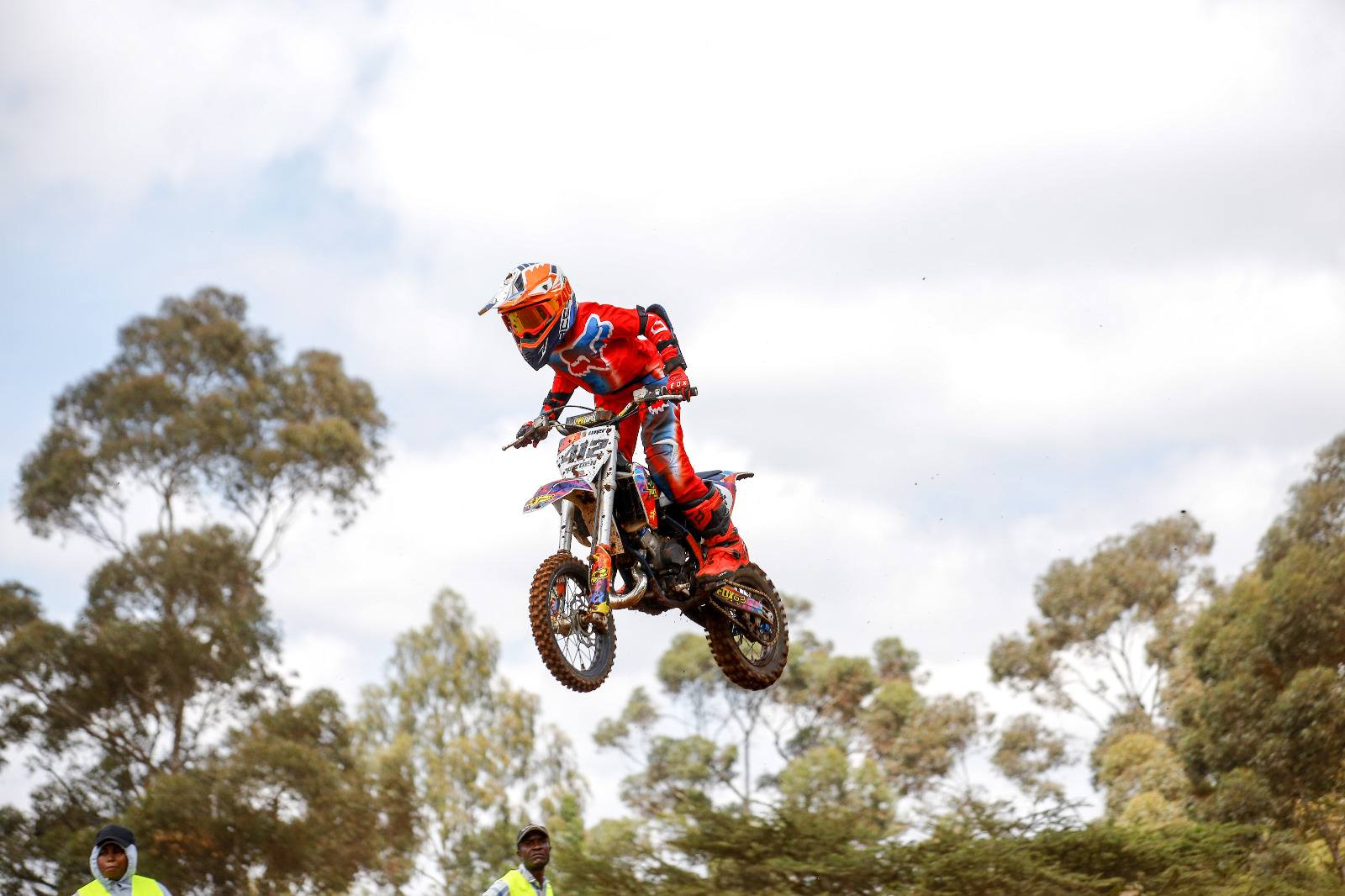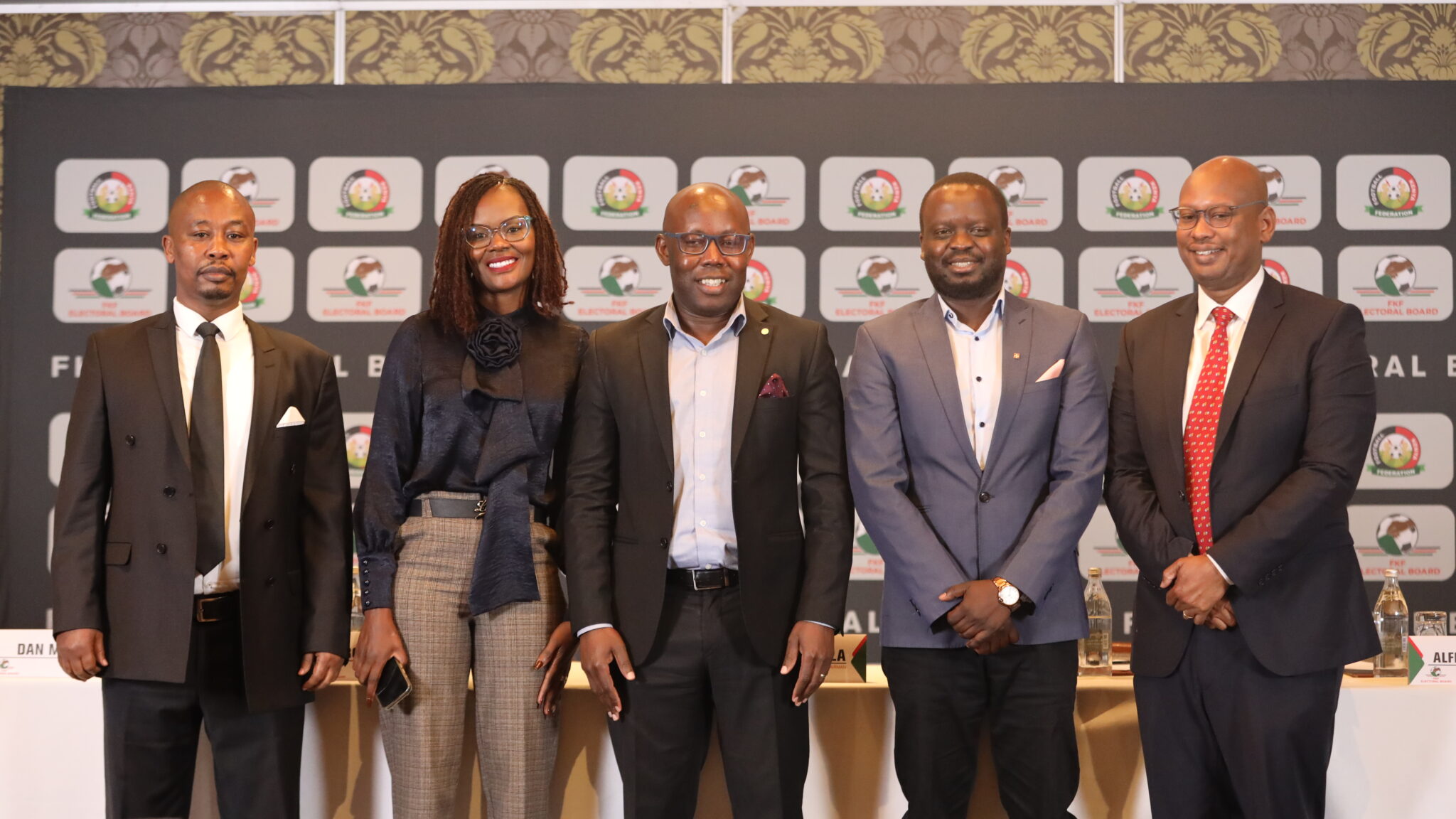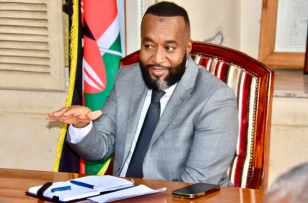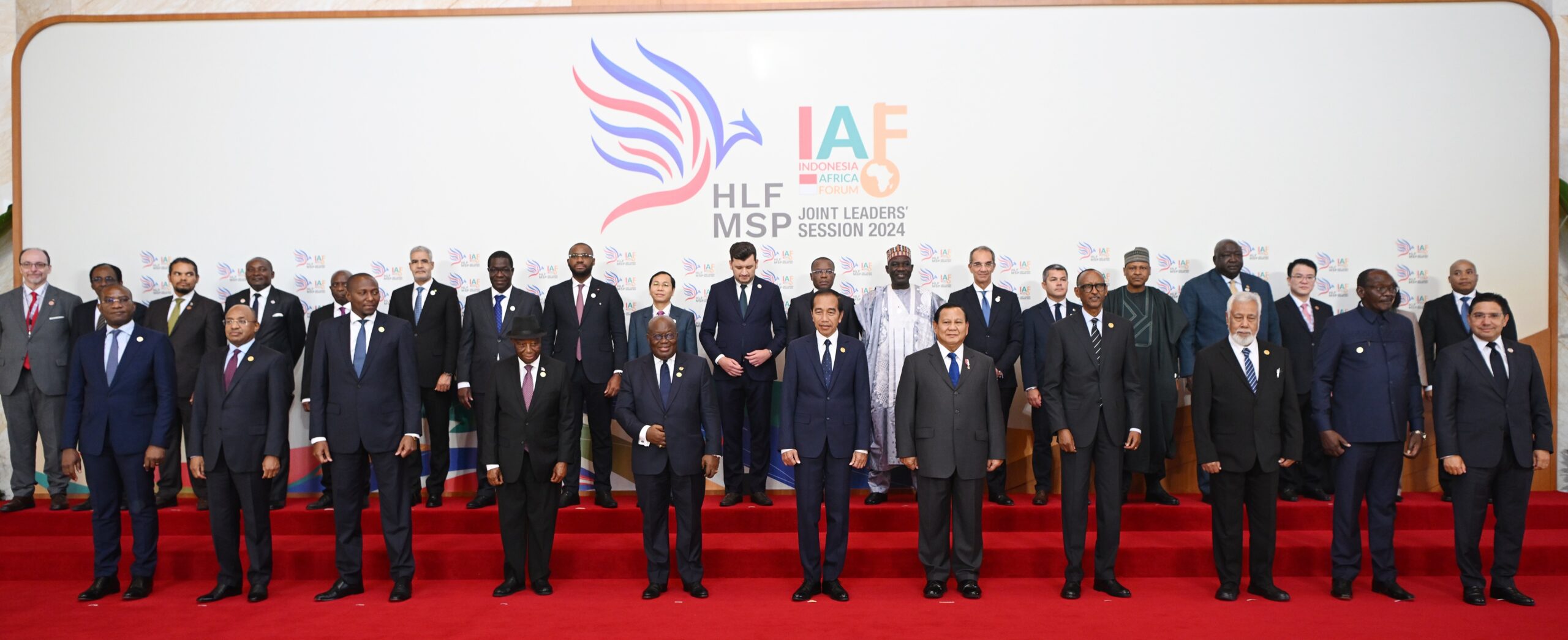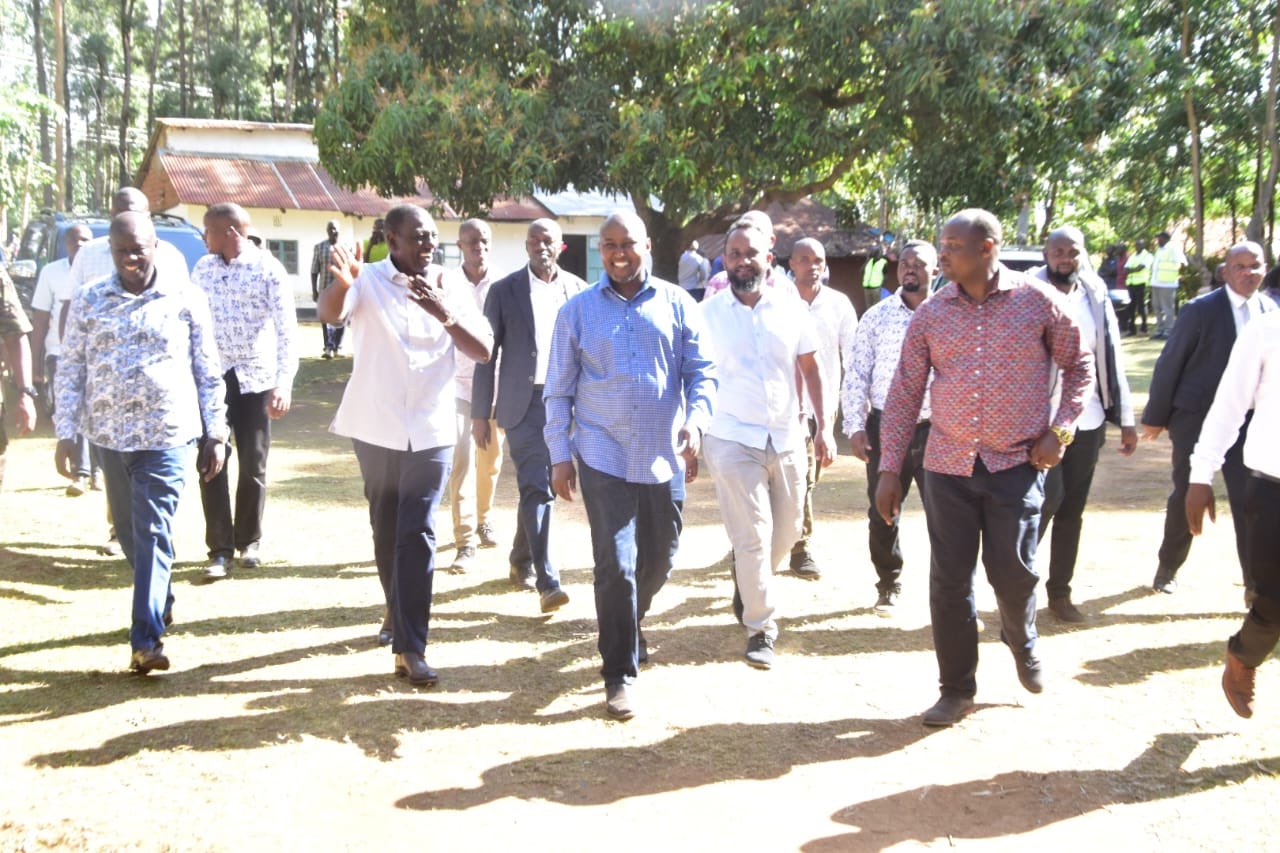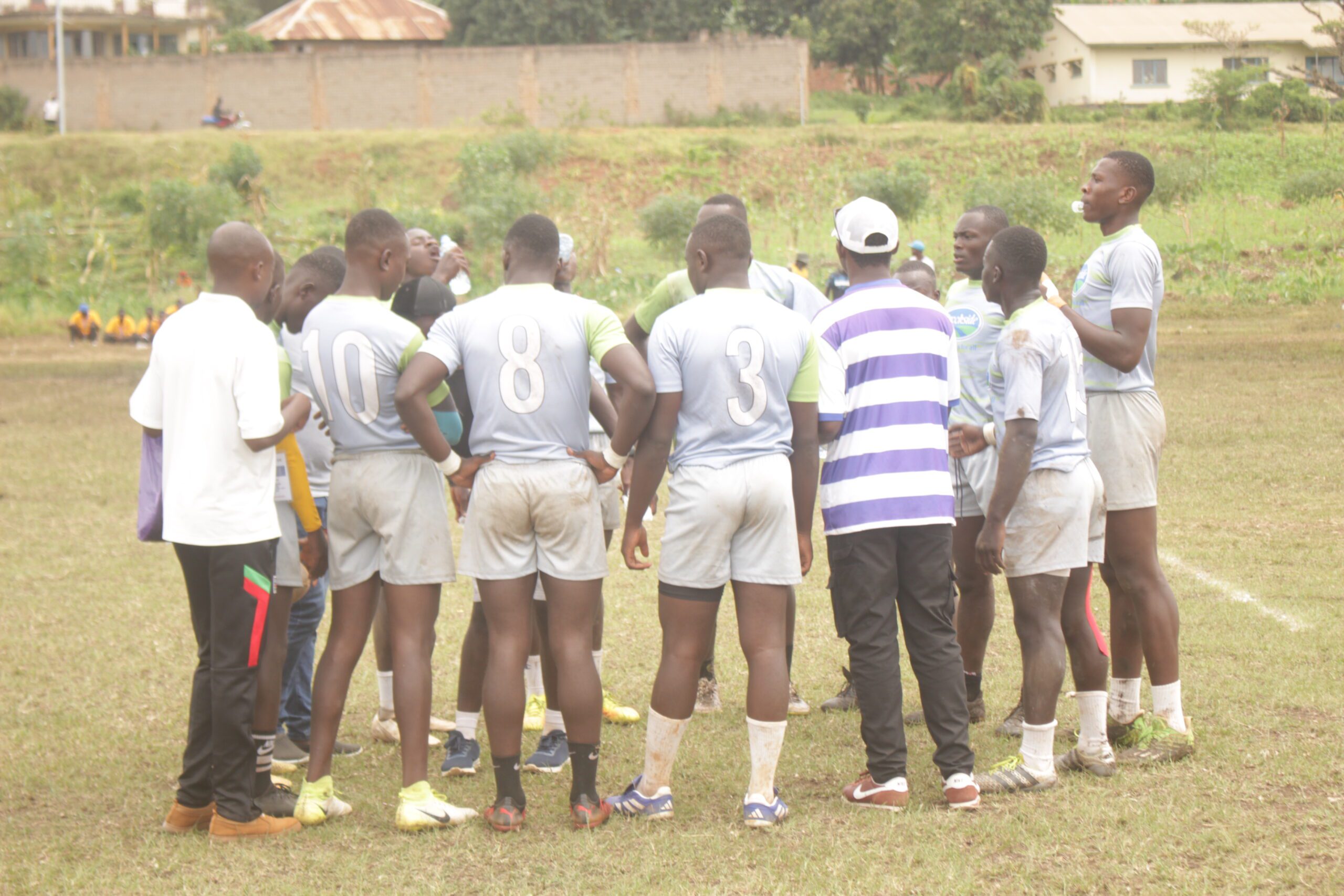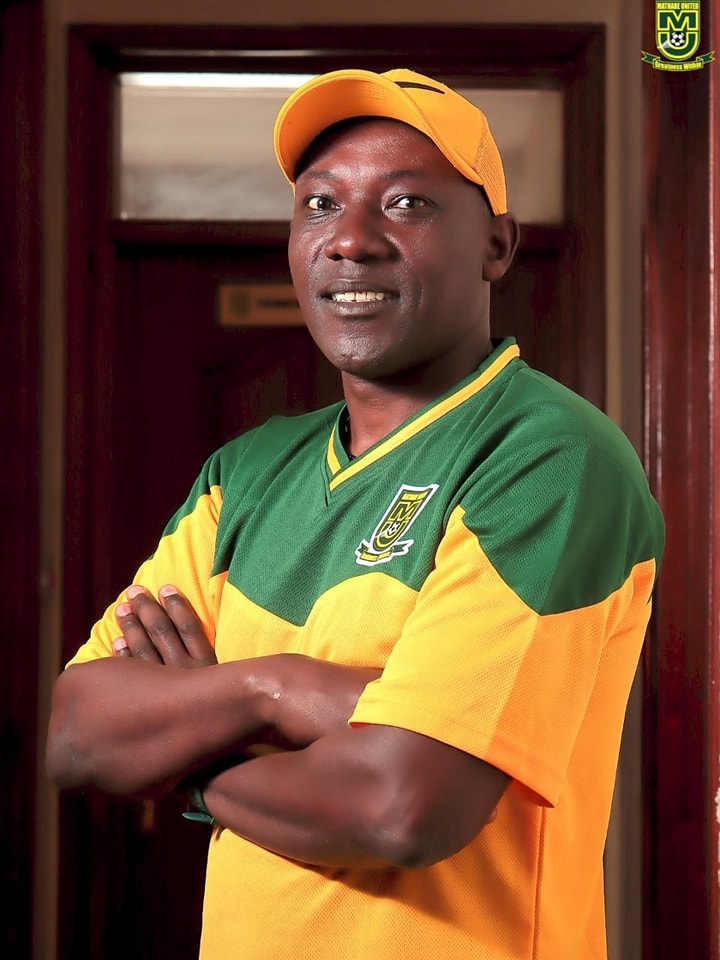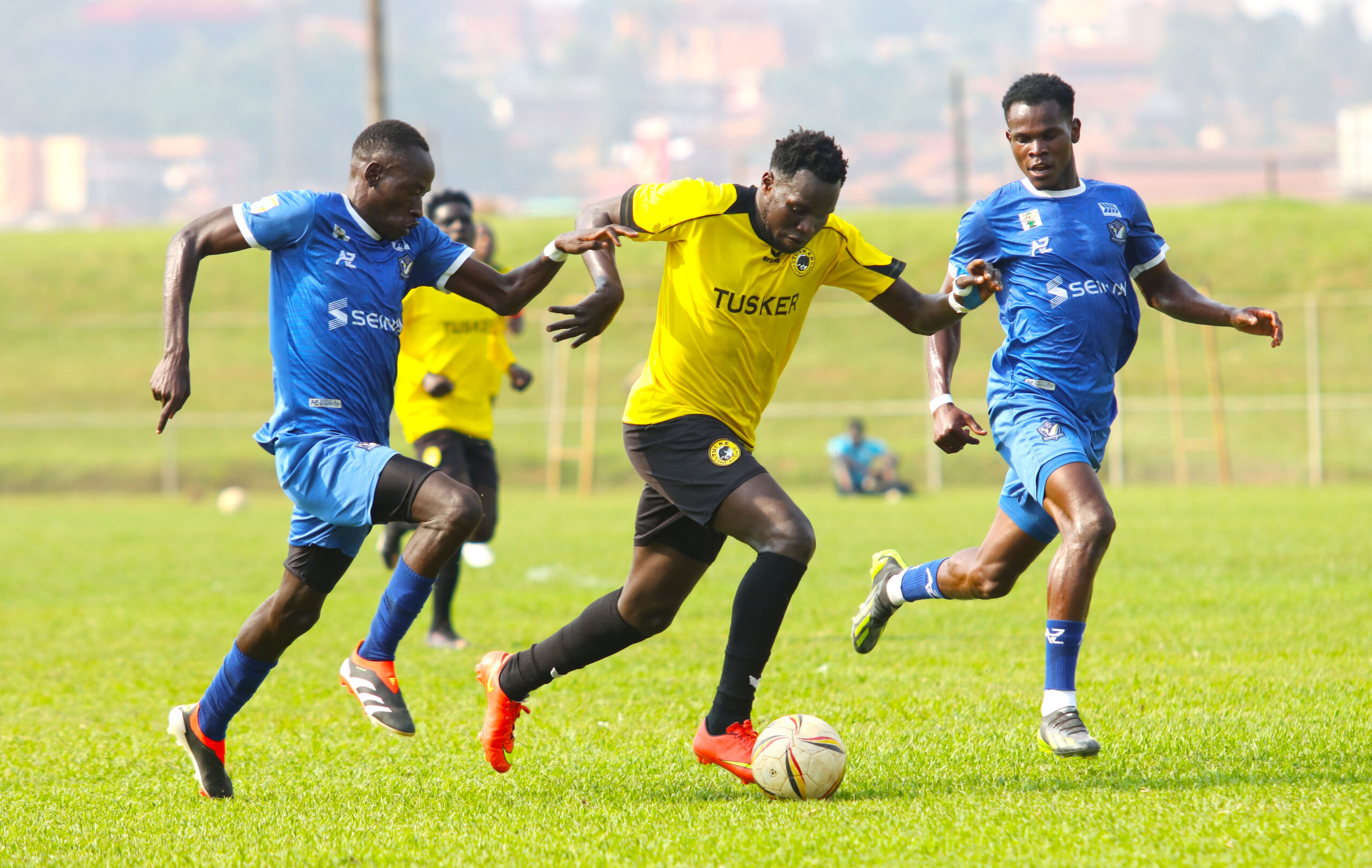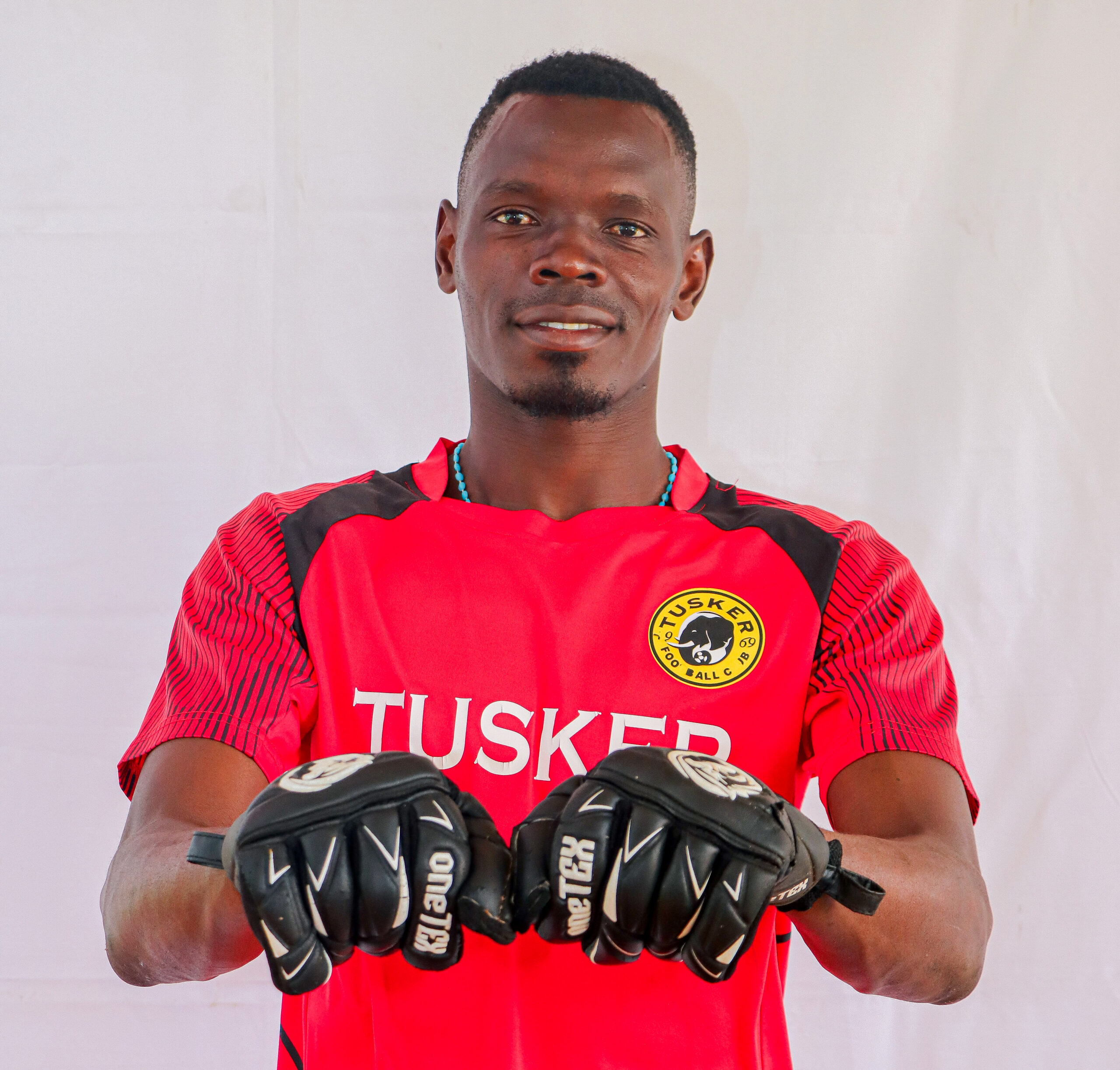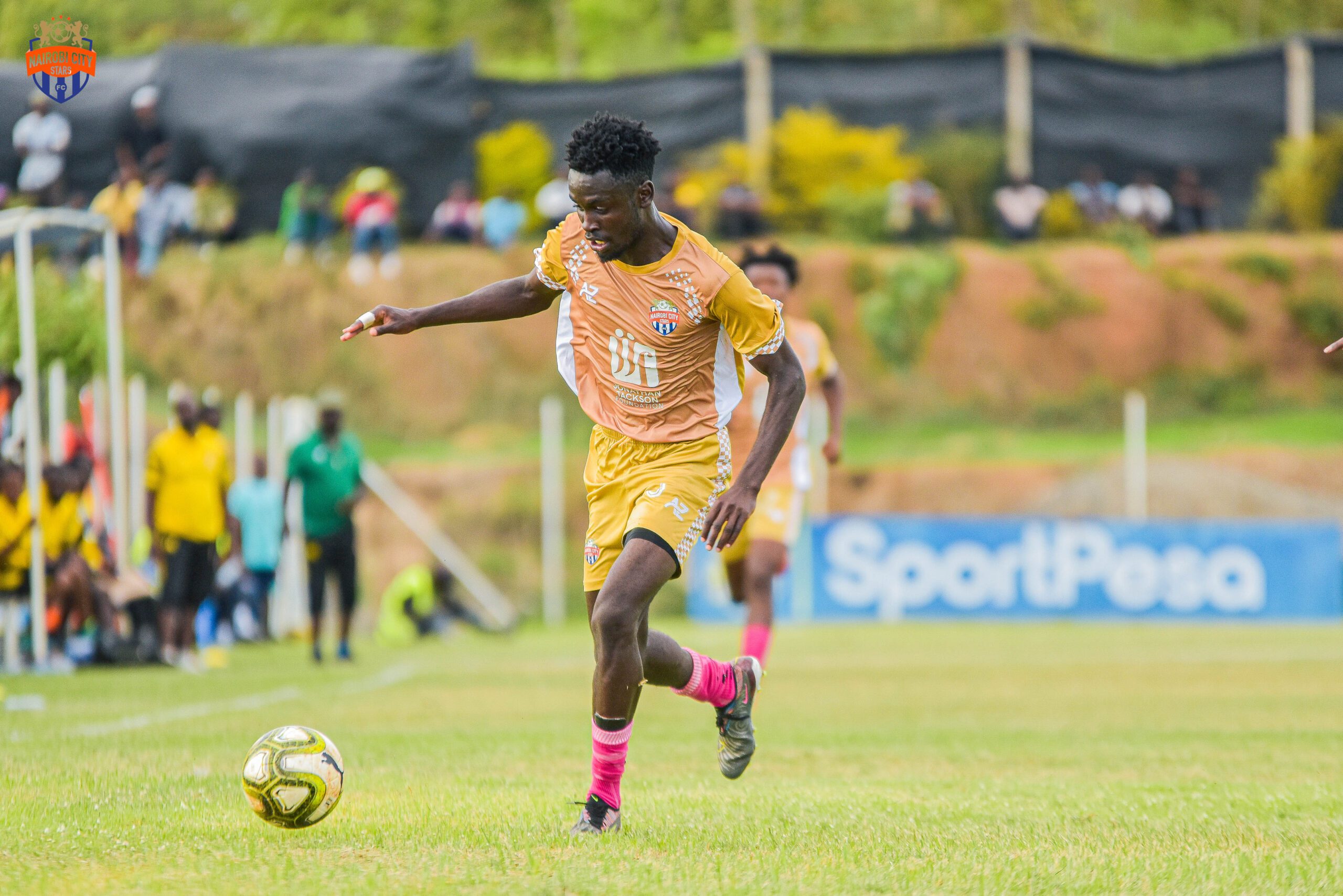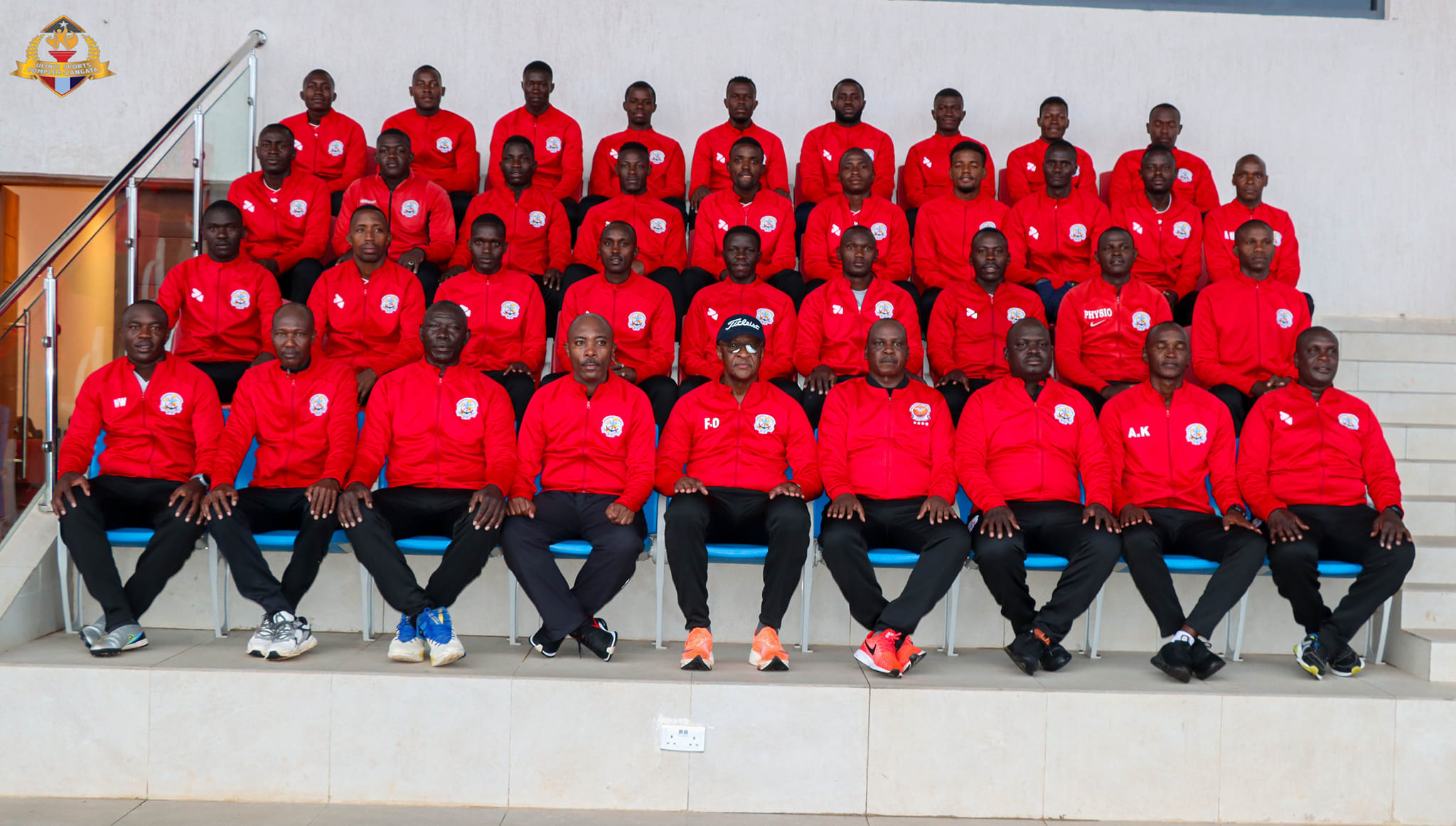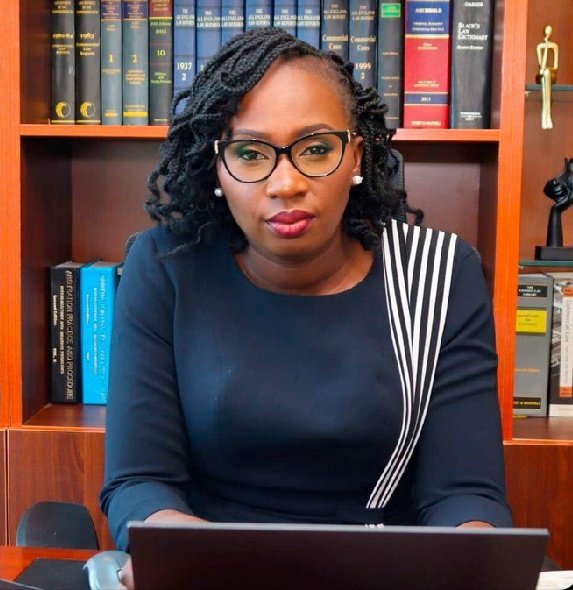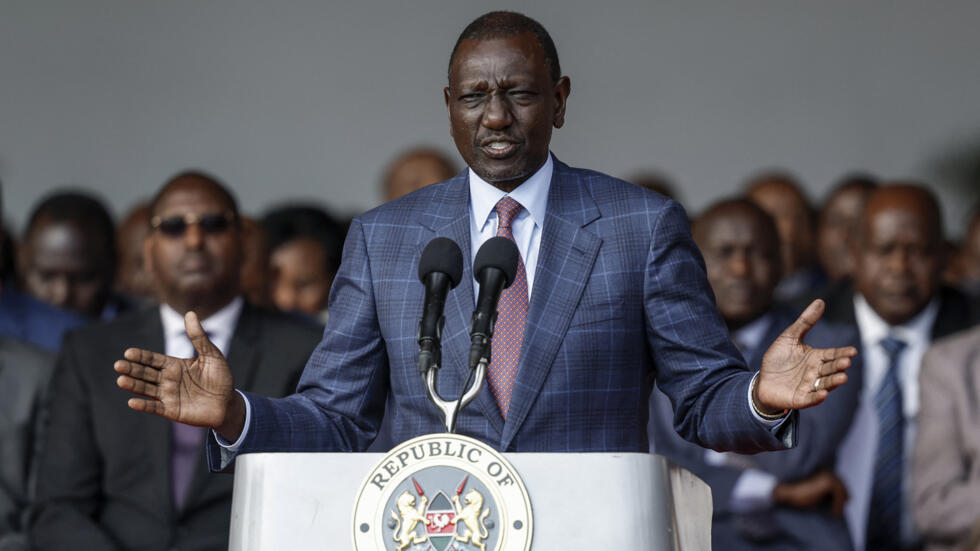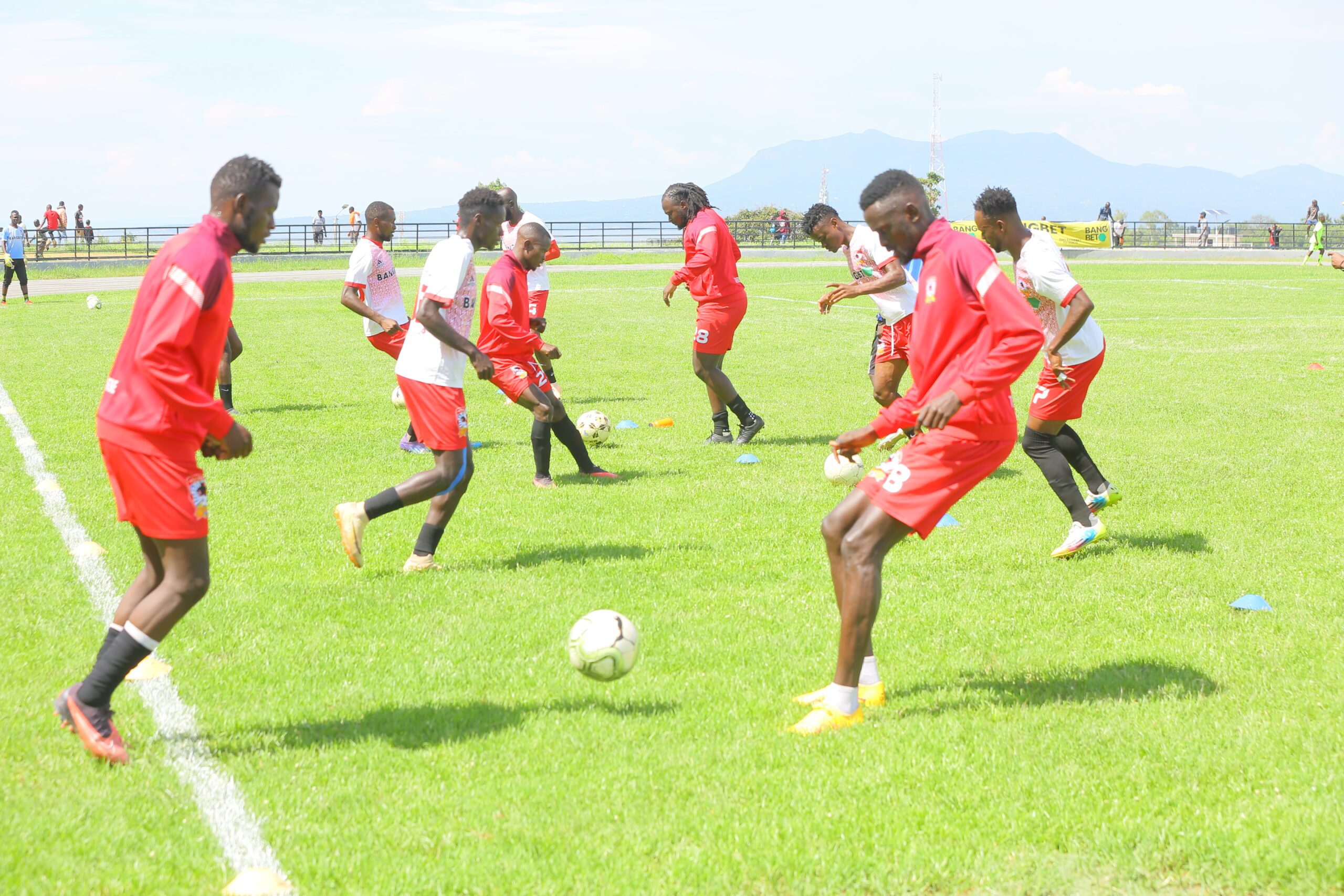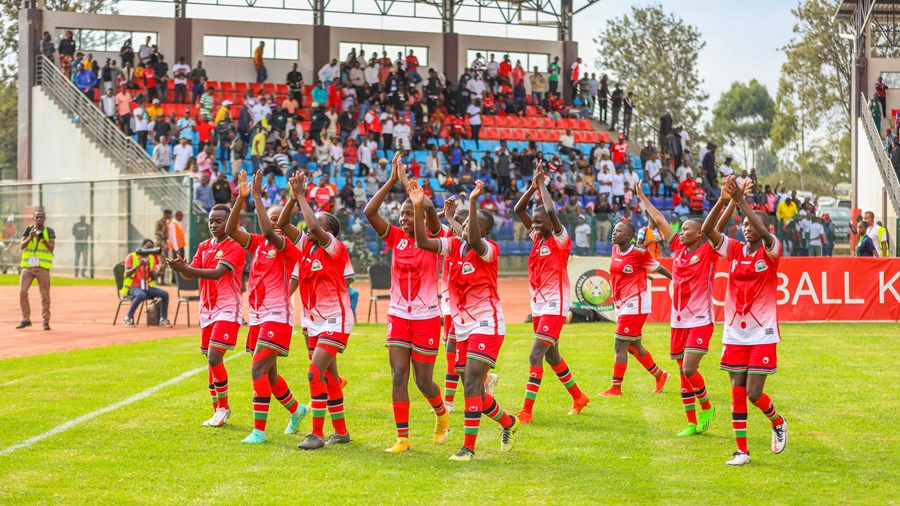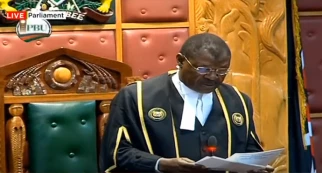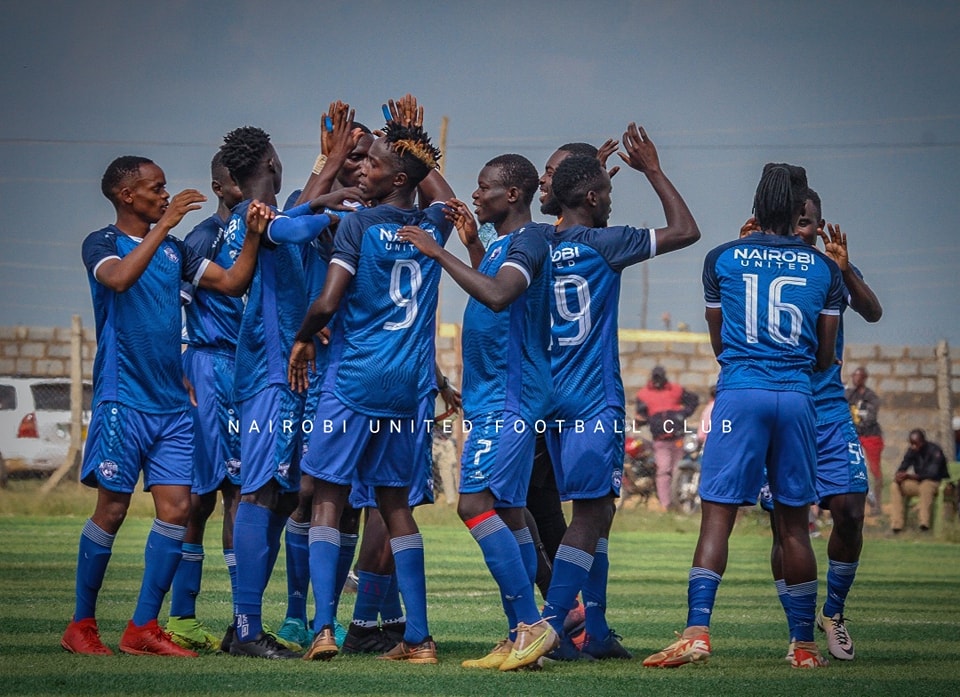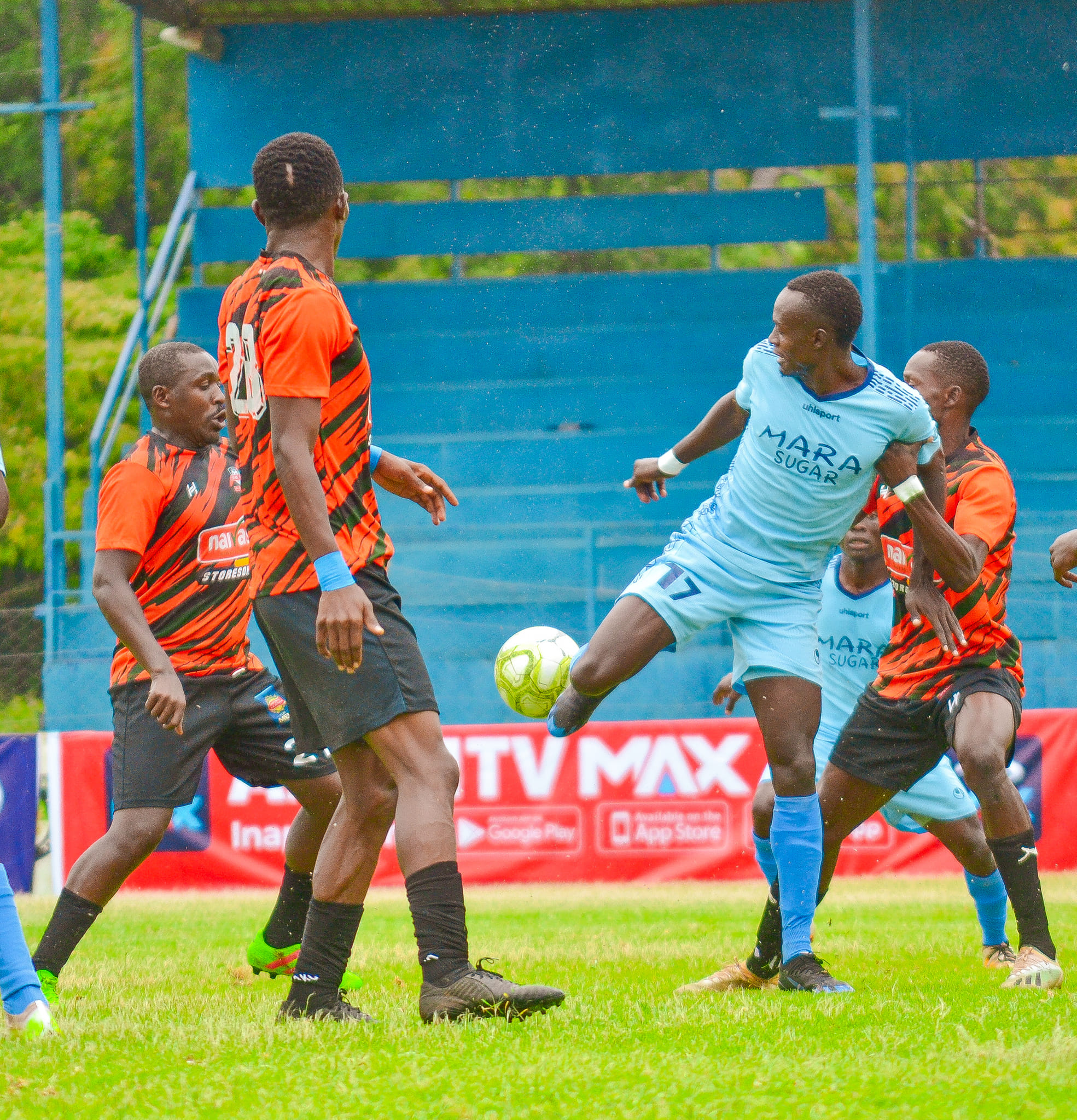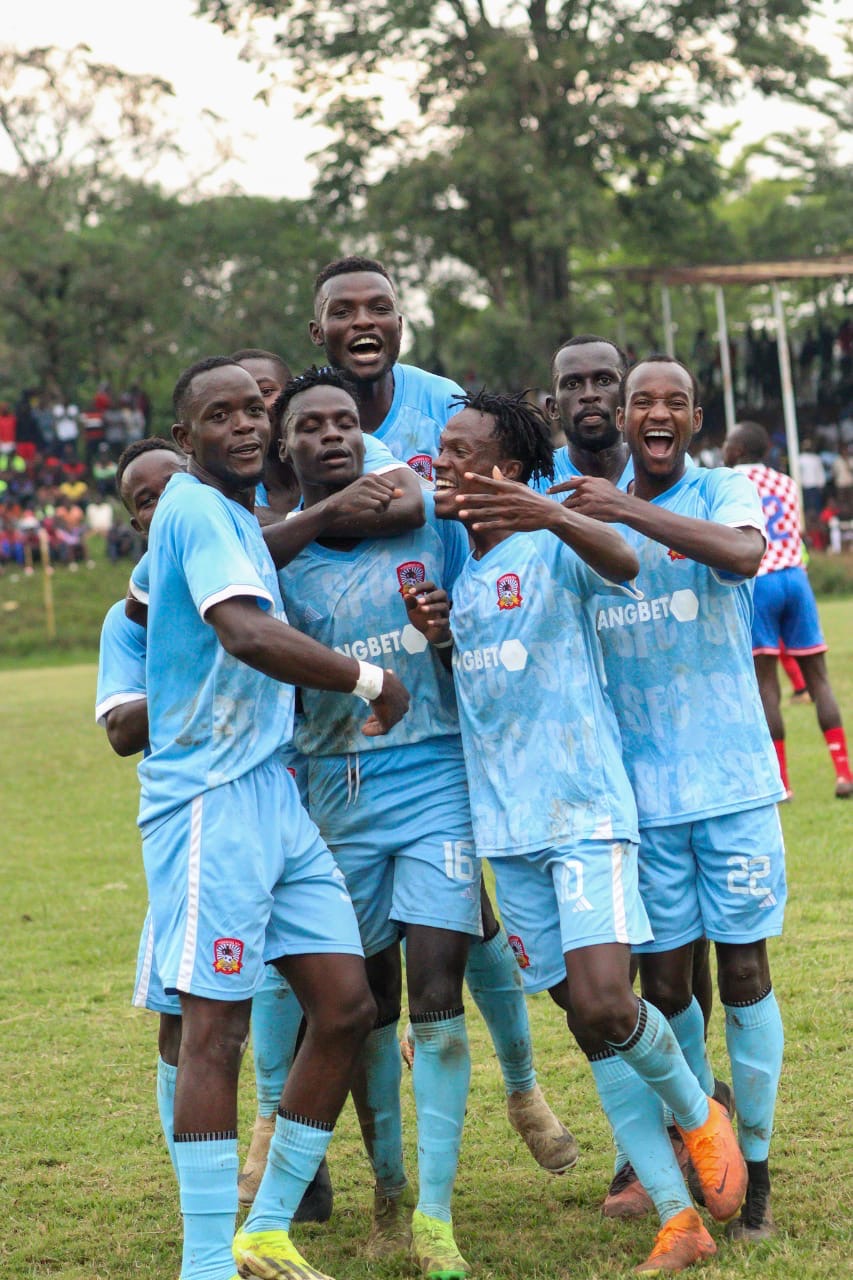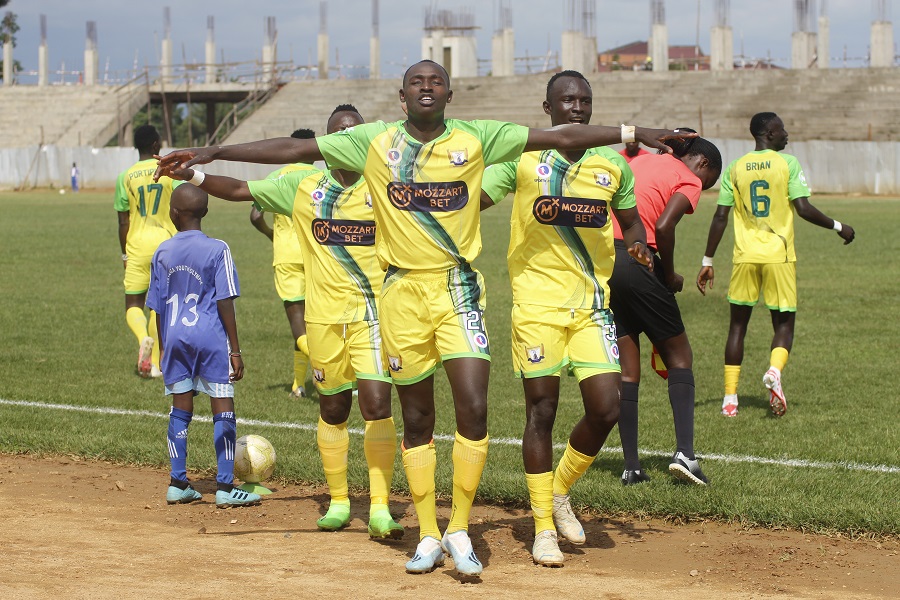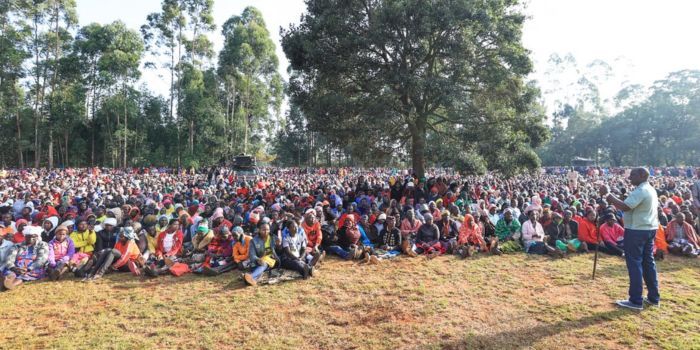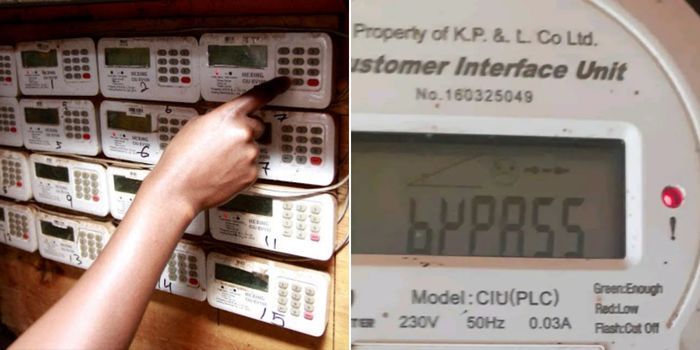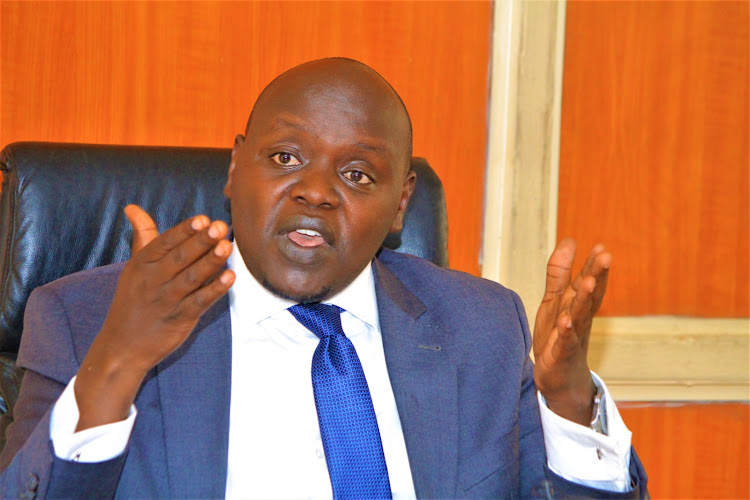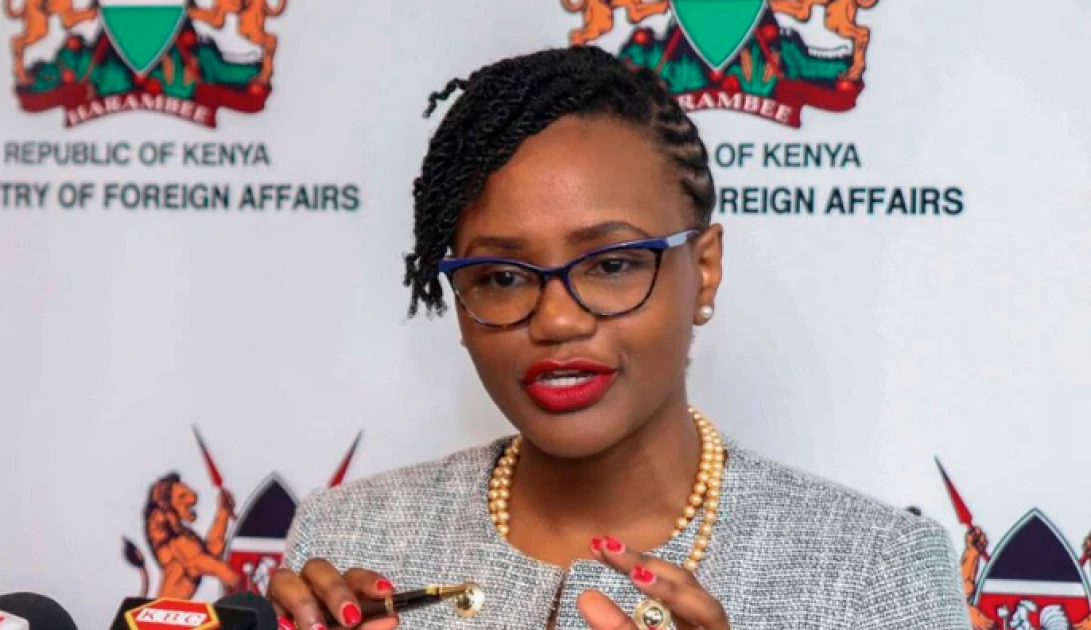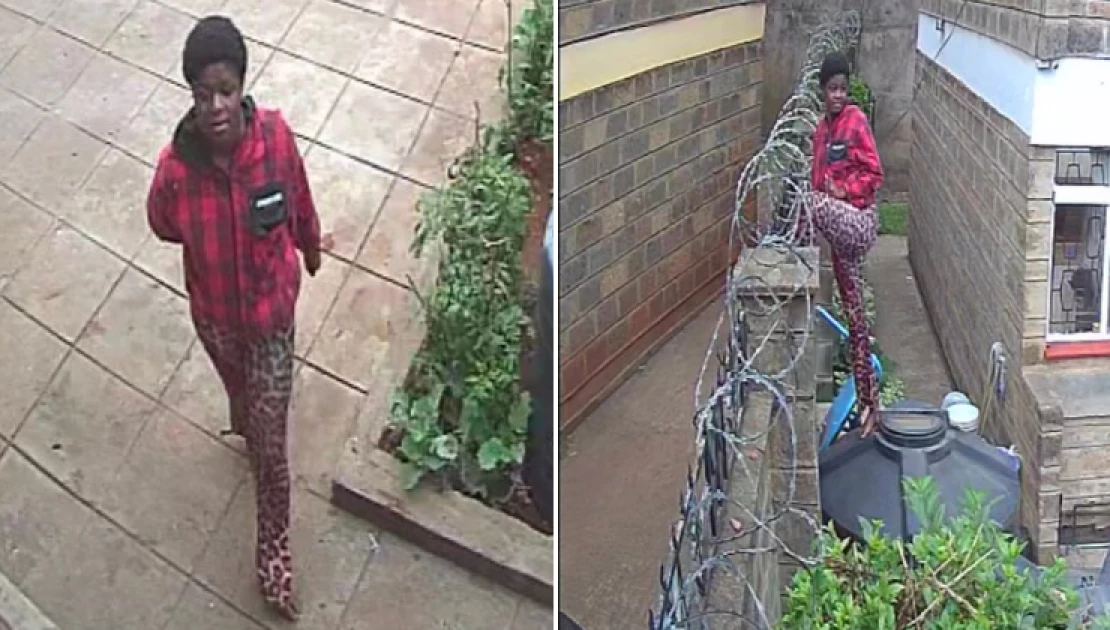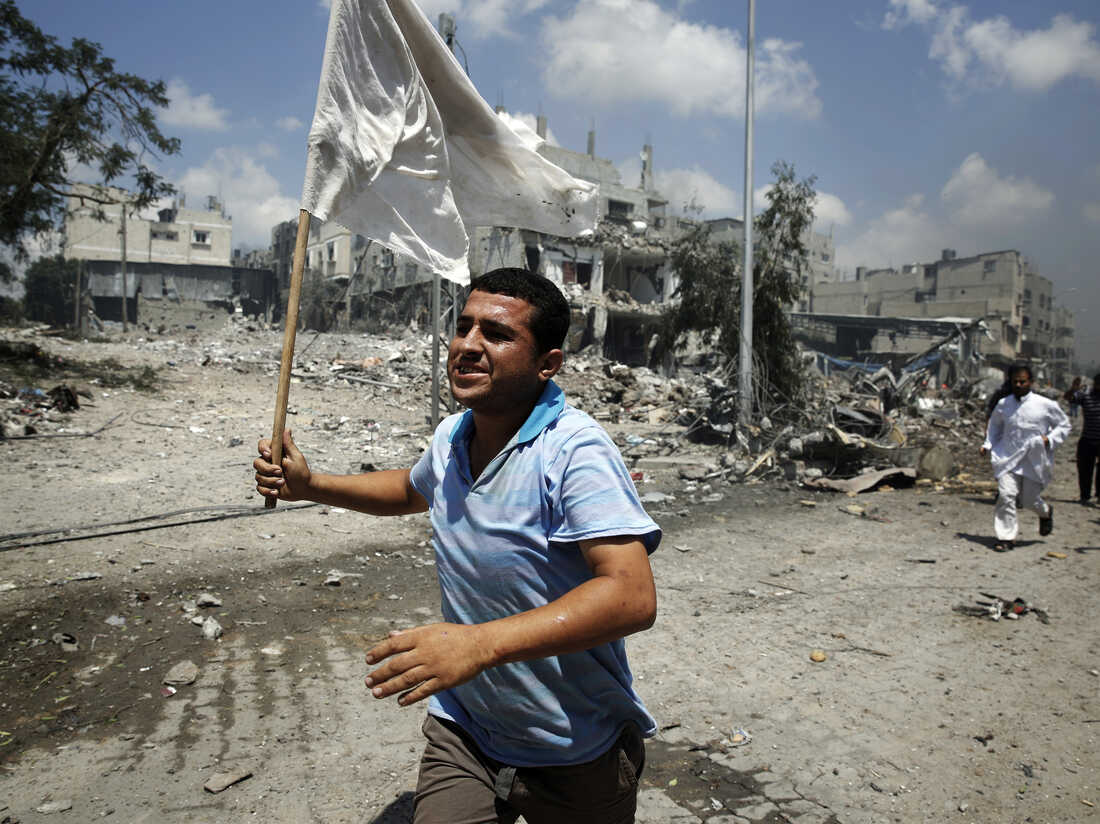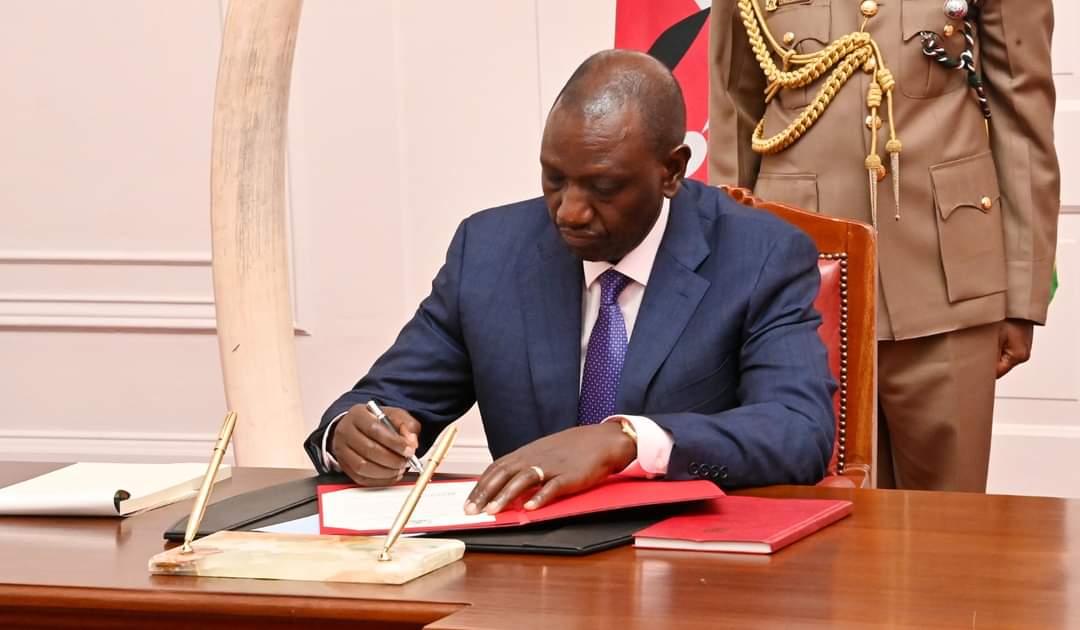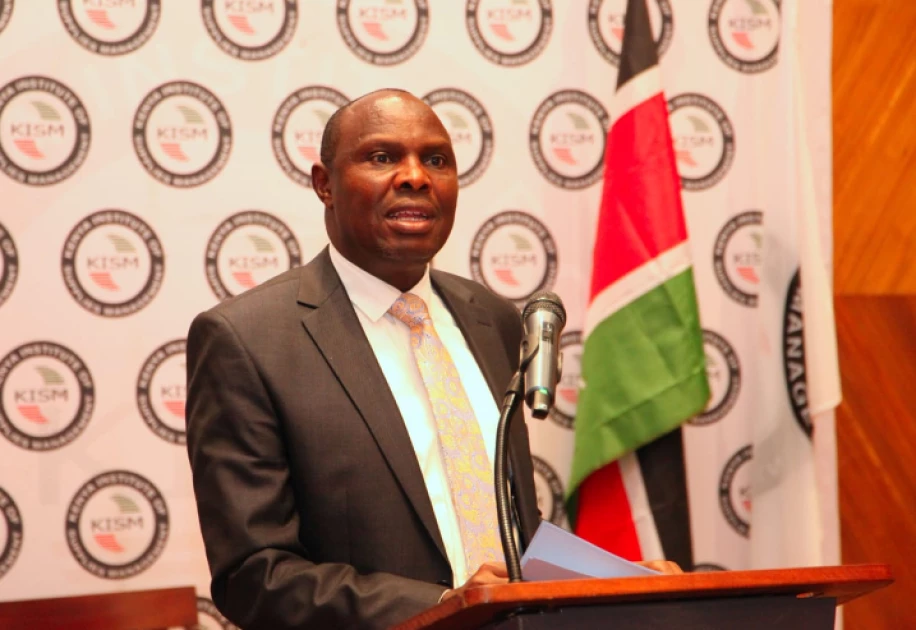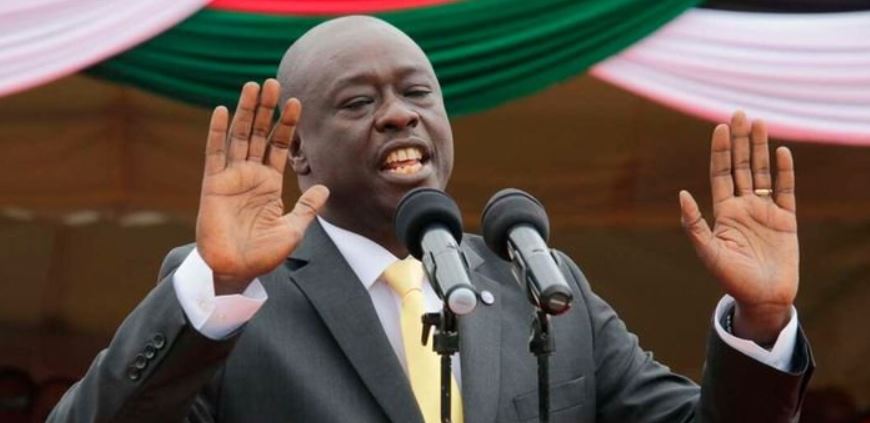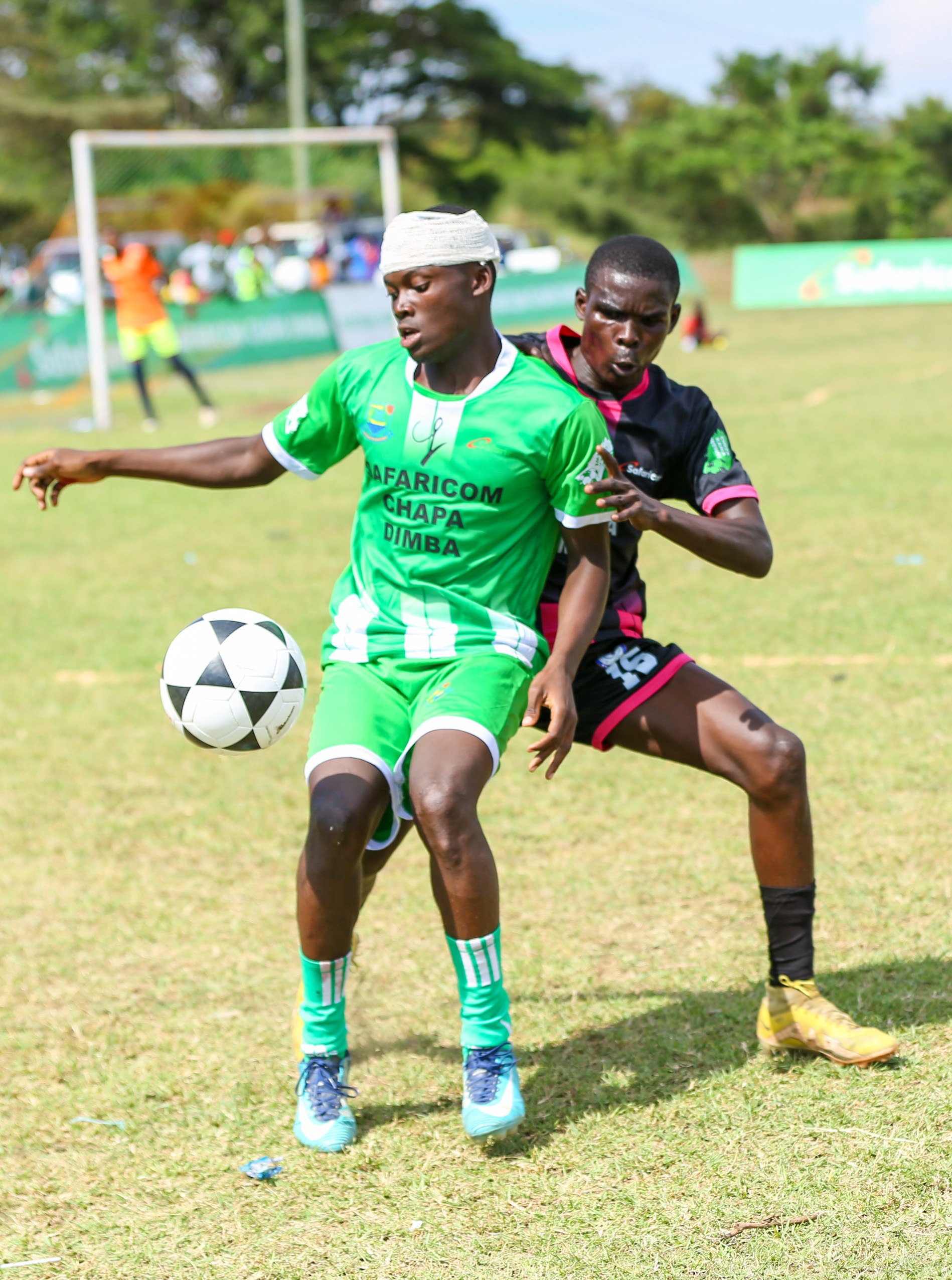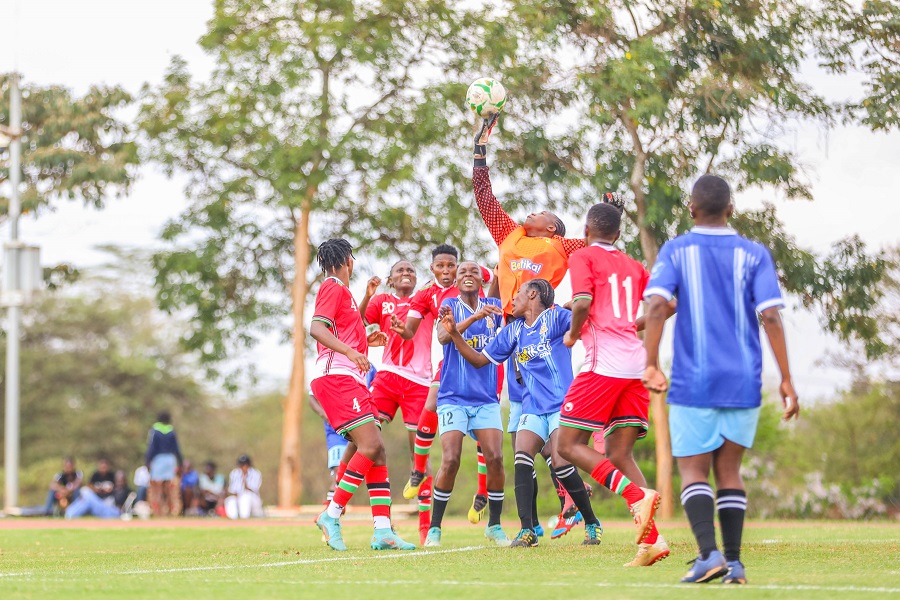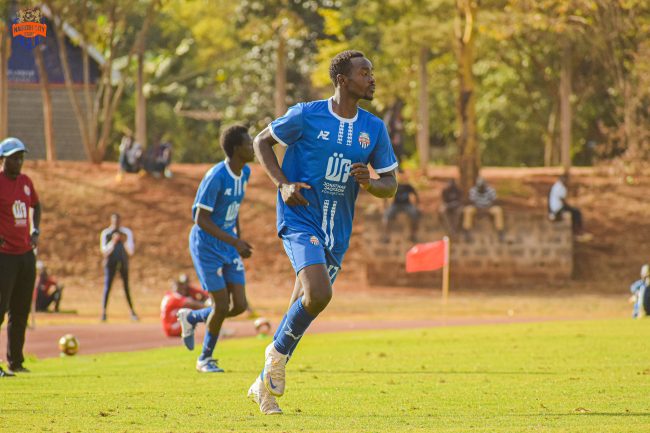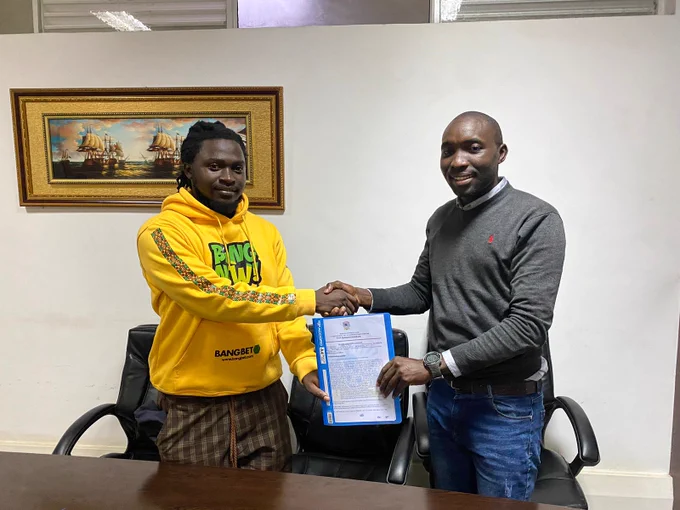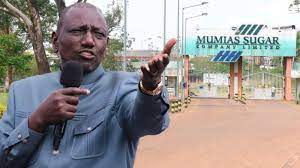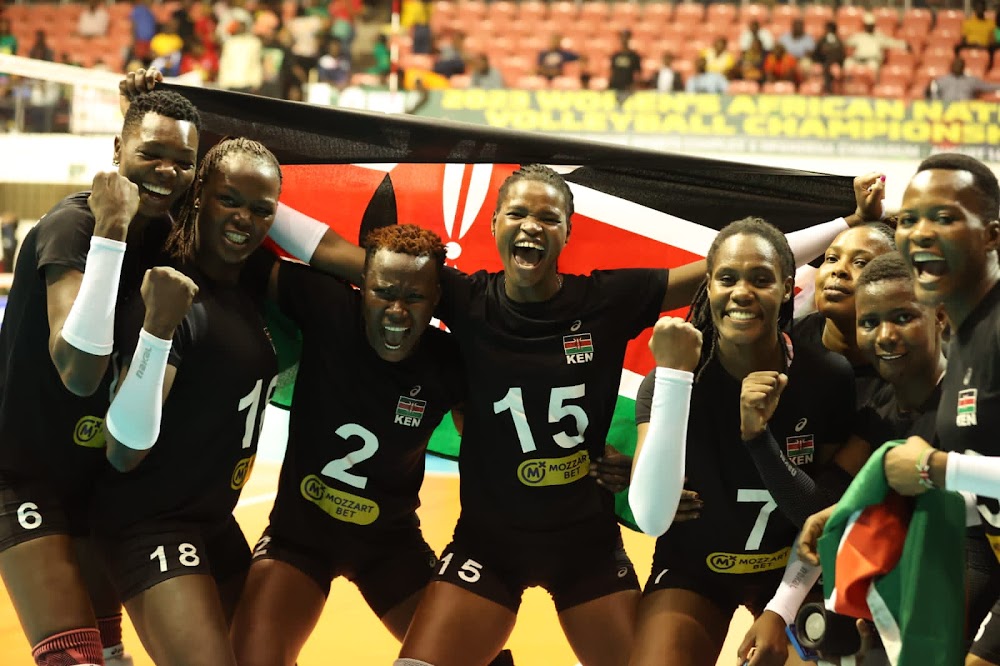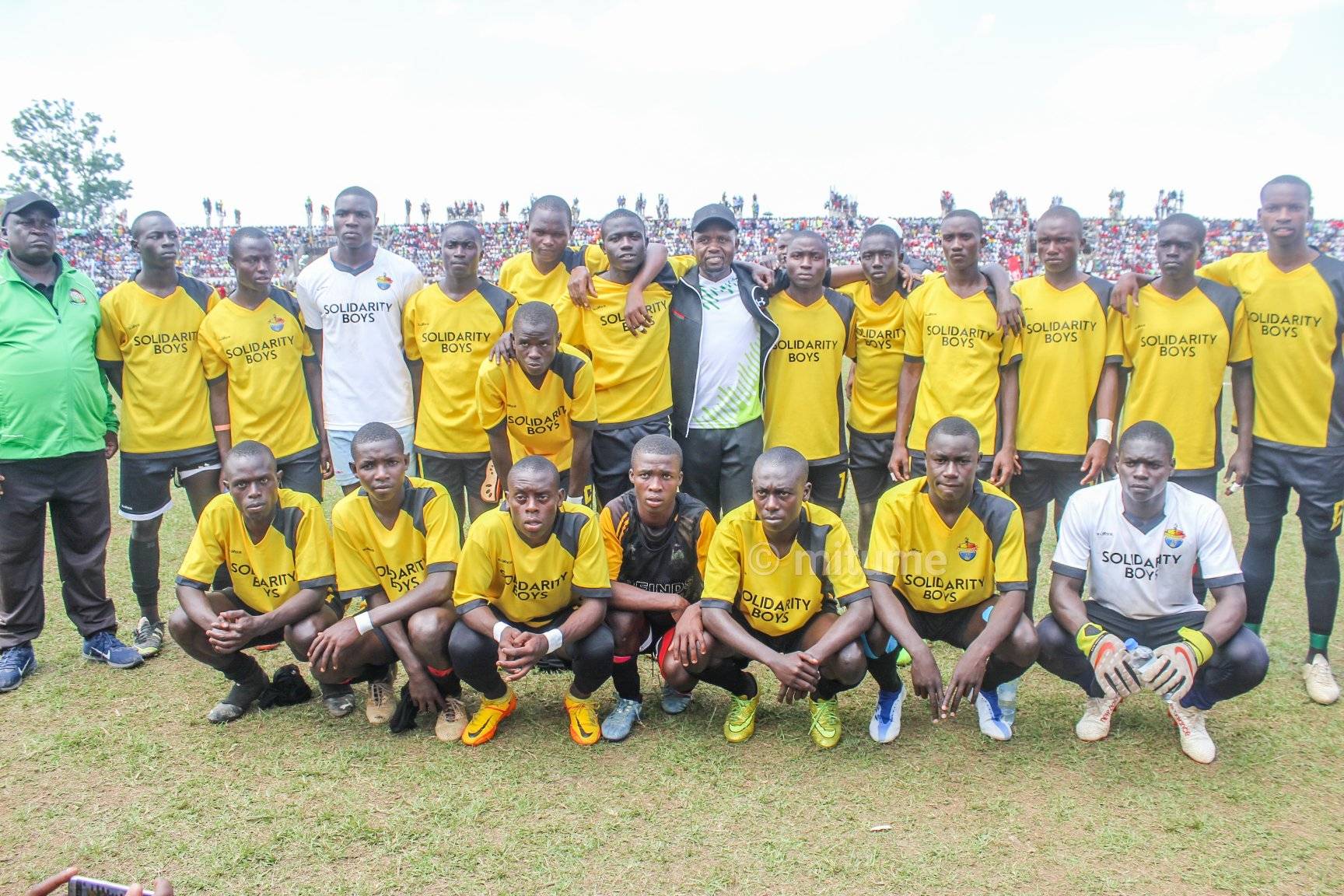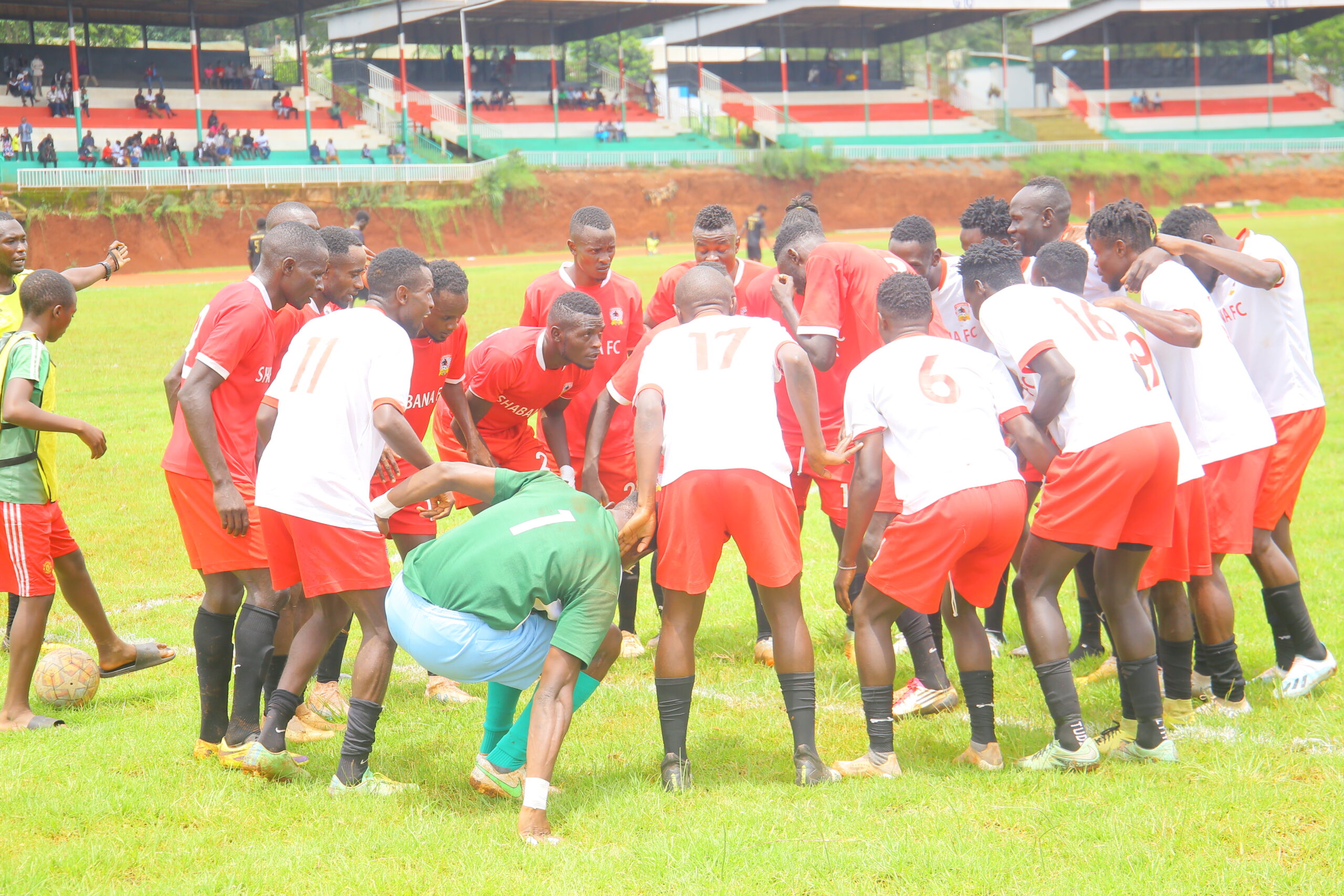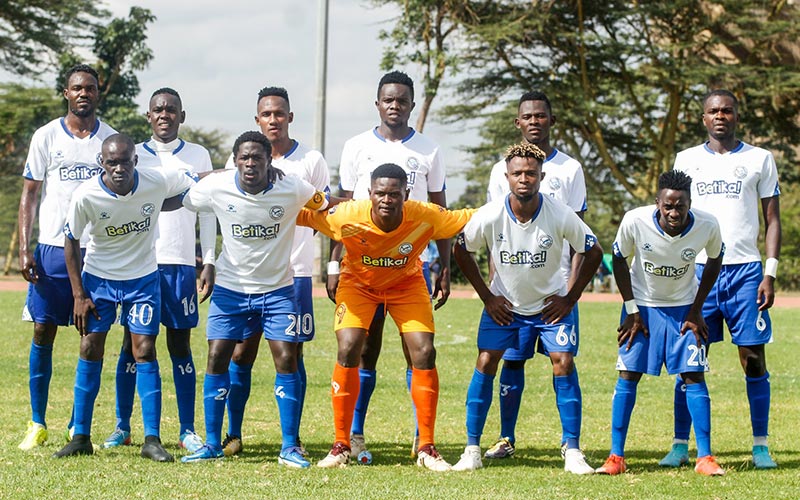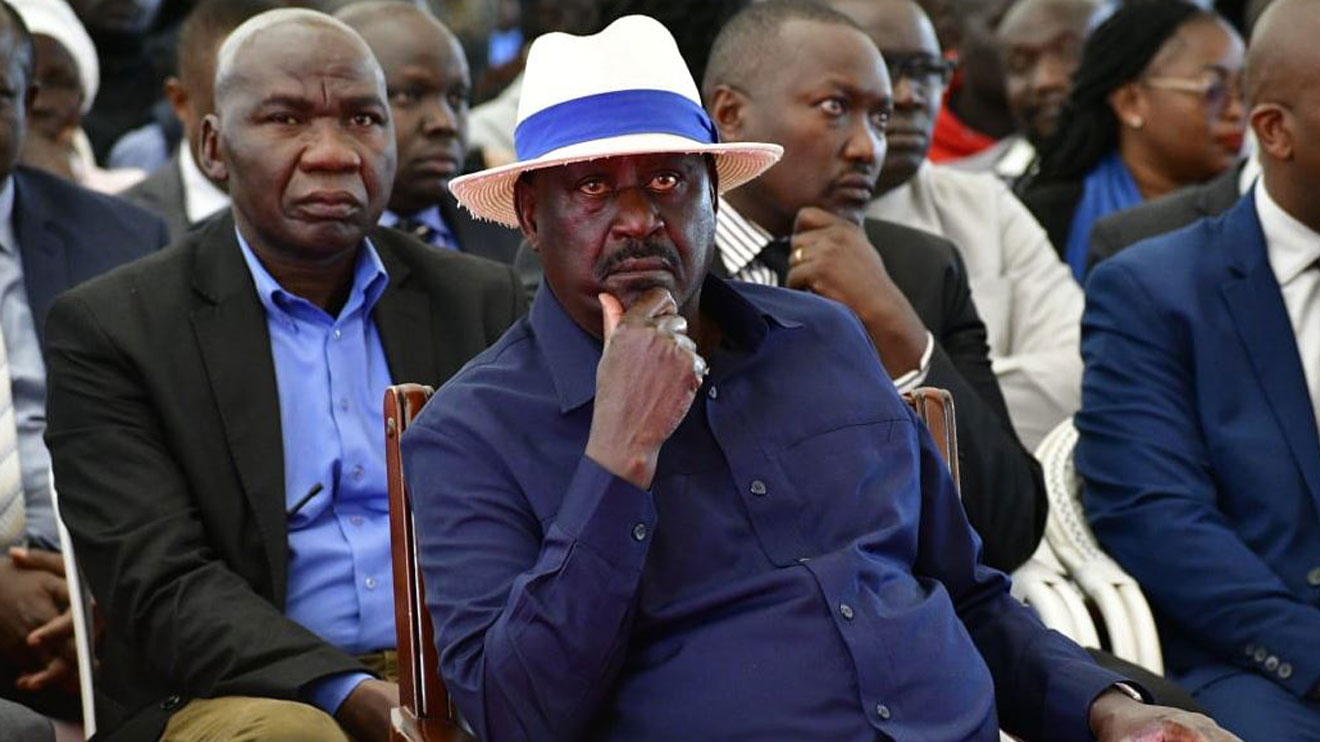Renowned journalist Larry Madowo has criticized the Kenyan government for prosecuting university student David Oaga Mokaya over a digitally altered image suggesting President William Ruto’s death.


Madowo condemned the move, highlighting the inconsistency in prosecuting dissenting voices while alleged high-profile criminals face no consequences.
The Arrest of David Mokaya: Did He Break the Law?
David Oaga Mokaya, a university student, appeared before Milimani Senior Principal Magistrate Benmark Ekhumbi on Monday, November 18, where he was charged under the Computer Misuse and Cybercrimes Act.
The charges stem from Mokaya posting an image on social media depicting a funeral procession with a casket draped in the Kenyan flag, escorted by military officers, insinuating it was President Ruto’s body.
According to the prosecution, Mokaya published the altered image on his X (formerly Twitter) account, captioning it in a way that implied it depicted the president’s funeral.
Larry Madowo Condemns the Arrest
Larry Madowo, an international correspondent, voiced his disapproval on social media, stating that targeting young individuals for their online activity is hypocritical when more serious crimes remain unaddressed.
“Prosecuting young people for offensive tweets, but literal murderers and people who steal billions walk free,” Madowo remarked.
The journalist’s criticism resonated with many Kenyans, who expressed similar sentiments online:
- @Itsprotich: “This is so unfair; we need free speech.”
- @l0n3n1nj4: “We need to Occupy the ODPP. They are becoming a nuisance and part of the greater JurisPESA problem. Who is the complainant in this matter?”
- @OtienoJack7: “These government appointees serve their masters, not the citizens.”
- @pingache: “This is happening because Ruto knows he has failed as president but doesn’t want criticism. Shock on him, Kenyans will not stop talking.”
Free Speech vs. Misuse of Cybercrime Laws
Mokaya’s arrest has sparked a broader debate about free speech and the application of cybercrime laws in Kenya. Critics argue that such cases stifle public discourse and dissent, crucial elements in a democratic society.
The controversy also draws parallels to a 2017 High Court ruling by Judge E.C. Mwita, which declared Section 132 of the Penal Code unconstitutional. The ruling affirmed that public criticism is vital for holding leaders accountable and understanding public sentiment.
Could Mokaya’s Charges Be Dismissed?
Legal experts suggest that the charges against Mokaya may not hold up in court due to the precedence set by the 2017 ruling. At the time, the court emphasized that suppressing free speech undermines democracy.
Public Opinion: A Divided Nation
While some believe Mokaya crossed a line with his post, others argue his prosecution represents an overreach of government power. The incident underscores a growing tension between government policies and the citizens’ right to freedom of expression.
Stay updated with the latest news on politics, free speech, and legal battles in Kenya by following our blog.



